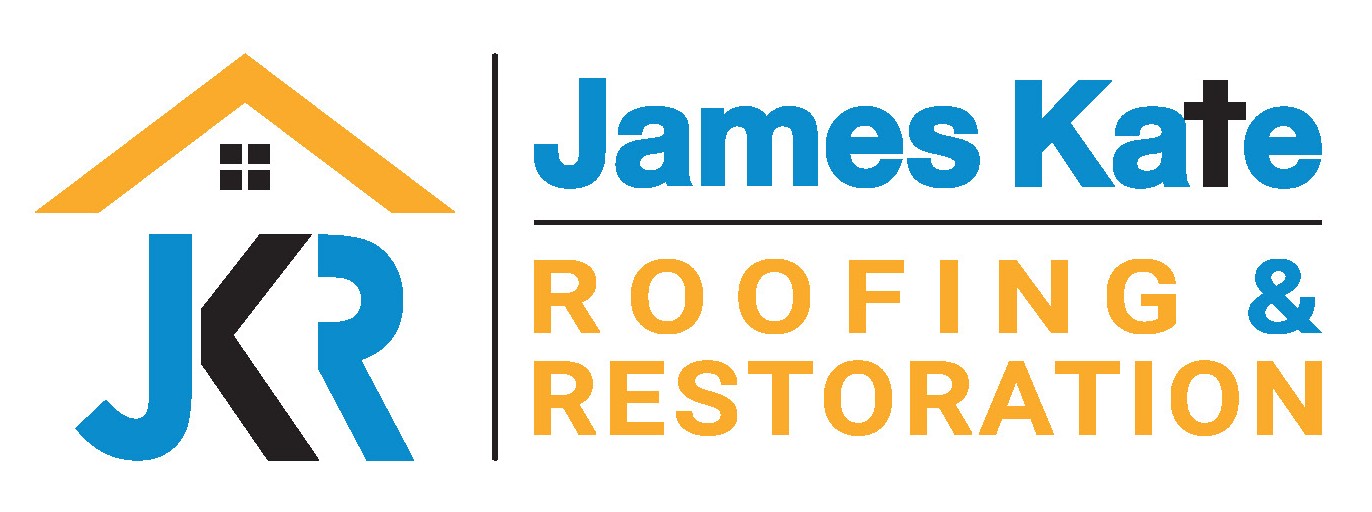Home and business structures can get damaged in the event of a disaster. Examples include storms as Hurricanes Katrina, Harvey, Irma. The damage caused by storms attracts fake contractors and roofers. These characters immediately set out to help in the recovery efforts. You do not have to fall victim to roofing scams in Texas; read the following disaster relief tips.
Take Pictures Immediately

After the storm, check to see what happened to your roof and take pictures after the weather clears. A lot of scam artists will come to your door and offer you a free inspection. Then, they might show you an image of someone else’s home. They may also go to your house and cause more damage to try and get more money from you. If you take the photos first, it can help you to weed out these scammers.
Look for Fraud Warning Signs
Fraud begins with a simple knock on the door or a phone call from a person claiming to be a roofing contractor. If you happen to get these phone calls or knocks on your door, remember that the contractor may not be who they claim. Listed below are some of the warning signs that you should look out for.
- Demands of money upfront, especially in the form of a cash deposit.
- A contractor who does not have a local address.
- If the contractor is driving a vehicle with out-of-state license plates.
- A contractor who has a phone area code that’s not local or a Google Voice phone number which allows them to appear local when in they are not.
Check with your Insurance Company
When your home gets damages from a storm, you should contact your insurance company as soon as possible. This is to be certain that the work is under the insurance listed in your homeowner’s policy. An adjuster may come from your insurance company to analyze the damage. The analysis will help you decide on the pending cost of repairs. If you have a contract or a bid, be sure to let them look at it. Keep in mind that the insurance company will not pay you before the adjuster approves the claim.
Get Written Estimates
If you select a contractor before getting an estimate in writing, do not sign the agreement. The free written estimate should be on the company’s letterhead. It should also have clear information about their contact details. Be sure to seek bids from a few different contractors. Sourcing for about three or more bids can help you base your decision on the most appropriate price. It could also help you differentiate between real offers and those that are not. Every bid should contain full details on all the repairs and their prices. It should also state the costs of materials and labor.
Do Not Pay Upfront
The golden rule for working with contractors is to never pay project costs upfront. Giving a contractor money upfront puts you at risk for fraud. Reputable roofing companies should be stable enough to start work without being paid. One acceptable compromise would be to pay part when materials are delivered and the rest once the job is completed. This way you at least get something in return before handing over payment. Whatever you do though never pay a contractor with cash. If they ask for cash red flags should go off and it’s time to find another contractor.
Check for Licenses and Insurance

Most states need contractors to have state or local licenses; you should ask to see these documents if your state requires them. A genuine license should have a license number clearly printed on it. It is advisable to write it down and call the licensing authority to verify its legitimacy. Several states, like Texas, do not have a license for roofing companies so be sure to check with your local authorities to see if this applies. Professional contractors should have liability and workman’s compensation insurance. This is especially true when they have employees working for them. It would also be a good idea to get proof of insurance before the work begins. Don’t be fooled by the fake or invalid certificate of insurance. Take a few minutes to pick up the phone and verify the insurance they presented is good.
Get a Signed Contract
After selecting your contractor, ask them for the actual contract. Ensure that you read and understand it before signing. A good contract should not contain unfilled gaps and should not have empty spaces. This is because a fake contractor could add information that could be unfavorable to you. If the contract is ambiguous, open ended, or written in an unintelligible language, do not sign it.
The Sign Off
Inspect the work immediately after your contractor completes the project. If the work does not match the details of the contract, have the problems fixed. A genuine and knowledgeable roofer takes care of every part of the agreed-upon contract.
Storms can create an ideal environment for deceptive contractors. These contractors pose as storm chaser roofing companies to scam desperate property owners. This could make rebuilding your home after a disaster even more stressful. But you can avoid this if you follow these appropriate disaster relief tips. You may also avoid becoming a victim of a roofing scam if you hire a certified roofing company that has been vetted by a shingle manufacturer.
To work with a fully licensed and legitimate contractor, contact us now and we help you the best way we can.
